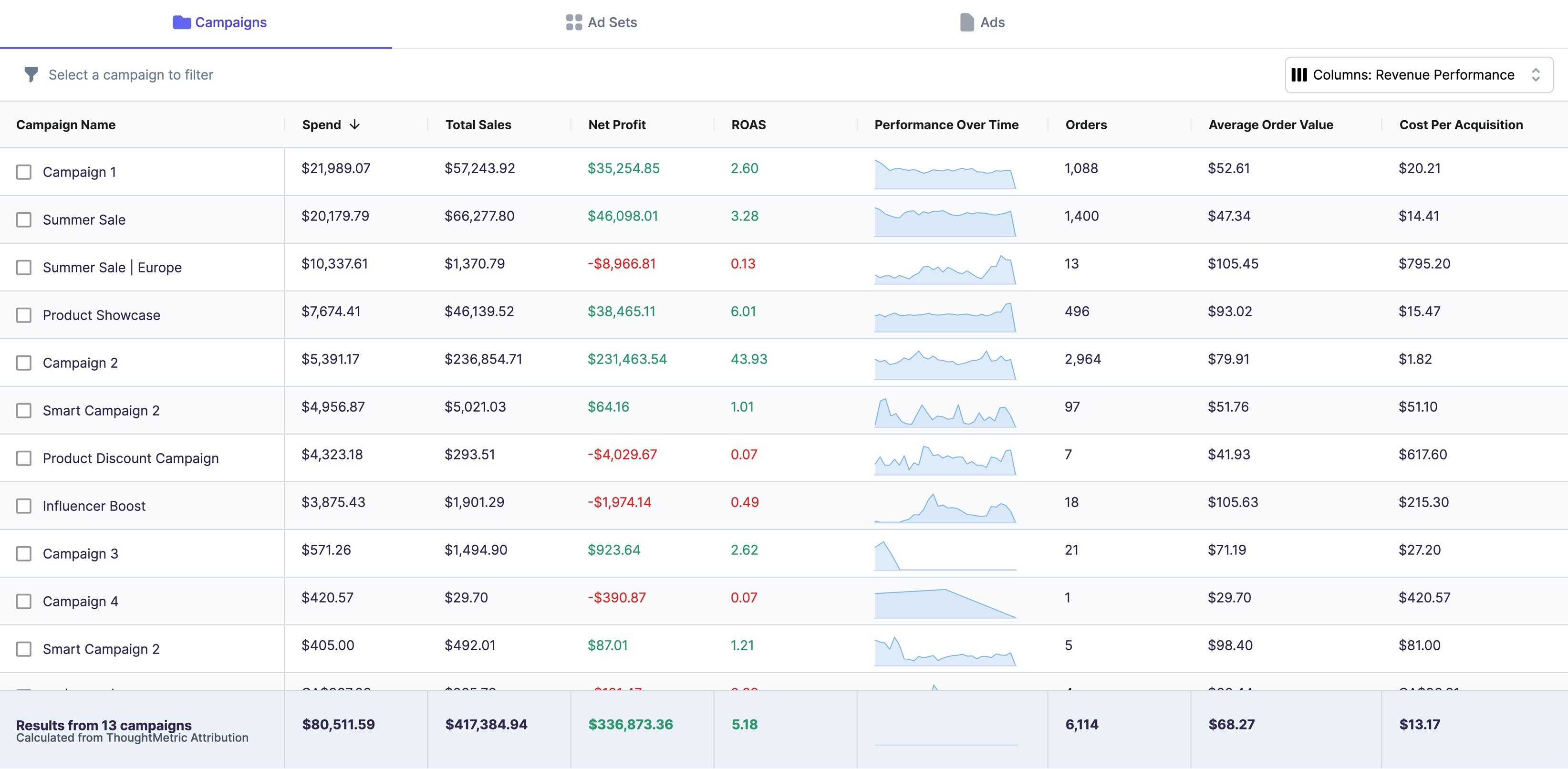In the dynamic world of digital marketing, understanding the quality of traffic sources is paramount, perhaps even more so than sheer volume. At ThoughtMetric, our recent analysis into digital traffic patterns led to an intriguing observation regarding conversion rates, particularly when comparing Google Search with the rapidly emerging ChatGPT.
Our study across 100 e-commerce stores has revealed a significant disparity in how effectively these two channels translate visitors into paying customers.
The Conversion Gap: What Our Data Shows
Our data from May 2025 provides a clear picture of this difference:
-
Google Search traffic converted at an average rate of 3.9% across the sampled e-commerce stores.
- In contrast, ChatGPT traffic achieved an average conversion rate of 6.7% within the same period and across the same sample.
This means that, for every 100 visitors, nearly 7 from ChatGPT completed a purchase, compared to fewer than 4 from Google Search.
Why the Higher Conversion Rate from ChatGPT?
Our hypothesis suggests that users engaging with ChatGPT may be more intentional and closer to a purchase decision when they arrive at an e-commerce site. The conversational format of ChatGPT often guides users directly to specific product recommendations or answers to their immediate needs. This direct, guided discovery experience could mean that by the time a user clicks through from a ChatGPT interaction, they are already highly qualified and have a clearer intent to purchase, leading to a higher conversion probability.
In contrast, organic search on Google often brings a wider range of traffic. This can include users who are in earlier stages of the buying journey, casually browsing, conducting initial research, or exploring general topics. This broader audience, while valuable for top-of-funnel awareness, may naturally exhibit lower conversion rates compared to the potentially more focused and pre-qualified audience arriving from conversational AI.
Implications for Marketers: Leveraging High-Intent Traffic
This significant conversion gap, even if still a hypothesis, highlights a critical area of opportunity for marketers. Even if ChatGPT currently drives less overall traffic volume than Google Search, its demonstrated higher conversion rate suggests that even modest amounts of traffic from this channel could deliver a strong revenue impact.
For e-commerce teams, this highlights the importance of:
-
Optimizing for Conversational Relevance: Ensuring your product information, FAQs, and support articles are structured for clear, direct answers that AI models can easily interpret and recommend.
-
Strategic Tracking and Attribution: Utilizing tools like ThoughtMetric to accurately monitor traffic and revenue attributed to ChatGPT sessions. Understanding how this potentially high-intent traffic behaves allows for smarter decisions about content and marketing efforts.
-
Focusing on High-Intent Content: Pairing ChatGPT-driven traffic with content that directly supports purchase decisions, such as detailed product specifications, compelling reviews, and clear calls to action.
As AI-driven discovery continues to grow, prioritizing channels that deliver high-quality, high-converting traffic will be paramount for maximizing marketing ROI. The conversion advantage observed with ChatGPT traffic is a strong indicator that it's a channel worthy of deep investigation and strategic optimization.
Access the Full Report: Dive Deeper into the Shift
Ready to get the complete picture of ChatGPT's impact on digital traffic, including a detailed timeline, traffic volume comparisons, and more in-depth insights for your marketing strategy?
Access our full report, "Understanding the Shift: ChatGPT’s Impact on Digital Traffic," to see all the data and strategic recommendations.
FAQs:
Q: How do ChatGPT conversion rates compare to Google Search conversion rates?
A: In May 2025, ChatGPT traffic converted at an average of 6.7% across 100 e-commerce stores, which is significantly higher than the 3.9% conversion rate observed from Google Search traffic.
Q: What is the hypothesis for why the conversion rate from ChatGPT traffic is higher?
A: The hypothesis is that users coming from ChatGPT are more intentional and closer to a purchase decision because the conversational format guides them directly to specific product recommendations or answers, leading to higher qualification.
Q: Does a higher conversion rate from ChatGPT mean it generates more overall sales than Google Search?
A: While ChatGPT has a higher conversion rate, Google Search generally drives a much larger volume of overall traffic. However, due to its high conversion efficiency, even modest traffic from ChatGPT can have a strong revenue impact.
Q: What can marketers do to potentially leverage ChatGPT's higher conversion rates?
A: Marketers can refine content like product pages and FAQs to match conversational queries and use analytics tools to track ChatGPT traffic performance and attribute revenue.





.png)